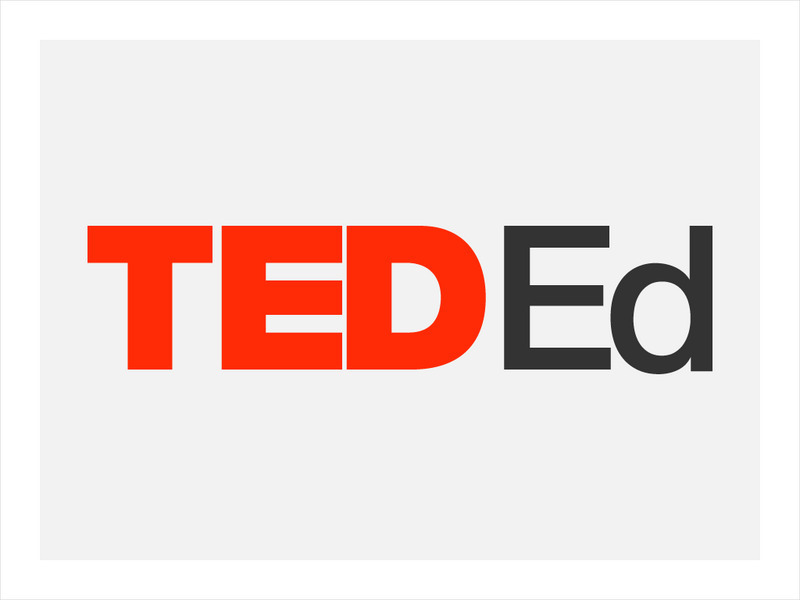Hi, what do you want to do?
National Constitution Center
National Constitution Center: Constitution Hall Pass: The Presidency
Video introduced by ABC News anchor George Stephanopoulos where he discusses his work with President Bill Clinton and later his perspective of presidents as a journalist. Students will learn from constitutional experts and a guide why an...
Khan Academy
Khan Academy: Executive Orders
This video lesson from Khan Academy discusses the Executive orders that are established by Article II of the US Constitution. This lesson is intended for students taking high school or college level American Government and Civics...
Khan Academy
Khan Academy: Formal and Informal Powers of the Us President
This video lesson from Khan Academy discusses formal and informal powers of the US President . This lesson is intended for students taking high school or college level American Government and Civics courses, including the AP Government...
Khan Academy
Khan Academy: Technology and Presidential Communication
This video lesson from Khan Academy discusses technology and communication from the US President. This lesson is intended for students taking high school or college level American Government and Civics courses, including the AP...
Science Friday Initiative
Science Friday: Science Advice for Future Presidents
A report from the Center for the Study of the Presidency examines the science and technology that are embedded in many issues that the President must confront. To do that, the President needs a basic understanding of the these, and...
Center For Civic Education
60 Second Civics: His Highness the President
The new government of the United States had to get organized. Congress once debated addressing the chief executive as "His Highness, the President." Find out why they changed their minds on today's episode. [58 secs.]
Center For Civic Education
60 Second Civics:the Three Branches of Government Part 6: An Energetic Executive
The Framers of the Constitution thought that the executive should have "energy." We learn why on today's podcast.
Center For Civic Education
60 Second Civics: Should There Be More Than One Chief Executive?
How many chief executives should there be? Learn the arguments for and against a plural executive on today's episode.
Center For Civic Education
60 Second Civics: Role of President Pt. 21: Assertions of Presidential Authority
Shifts in power between the three branches of government have occurred over the history of the United States. The powers of the President have grown as world events impacted on the United States.
TED Talks
Ted: Ted Ed: Inventing the American Presidency
Video accompanied by questions for students that looks at how the Founding Fathers arrived at the decision to have a president at the head of the executive branch of government. [4:00]
Annenberg Foundation
Annenberg Classroom: Mandate: The President and the People
The complex relationship between the presidency and public opinion is examined by leading historians, political scientists and public figures who also offer insight into the office and its occupants from George Washington to Franklin D....
Other
Reading Through History: The Us Presidency
The following video provides a brief explanation of the office of the President of the United States, including the qualifications to be president and the president's responsibilities. [5:54]
Center For Civic Education
60 Second Civics: Administrative Agencies Pt. 13: Presidential Appointees
By appointing people to key positions in federal agencies, the President creates a large network and can exert a great deal of control over the national bureaucracy.
A&E Television
History.com: Presidential Election Facts
In this video [4:07] host David Eisenbach explains the history of the long election process a candidate must go through to become President of the United States.












